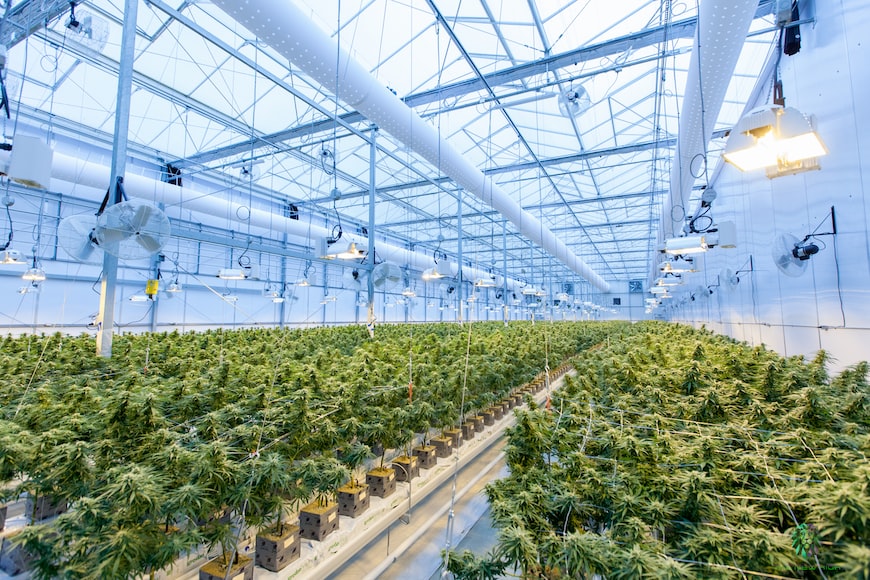Delta 8 vs. Delta 10: What Are the Similarities and Differences?

Cannabis science is ever-evolving. As we delve deeper into the intricacies of the plant, newer compounds and their effects come to light. Two of the more recently discussed cannabinoids are Delta-8 THC and Delta-10 THC. While they might seem similar due to their names, they have distinct characteristics. Let’s break down their similarities and differences.
Similarities
Origins: Both Delta 8 vape at TRĒ House and Delta-10 THC are cannabinoids found in the cannabis plant, albeit in very low concentrations. They’re often derived from hemp or converted from CBD through specific chemical processes.
Psychoactivity: Like the more familiar Delta-9 THC, both Delta-8 and Delta-10 are psychoactive, meaning they can produce a “high” when consumed.
Legal Ambiguity: The legal status of both cannabinoids can be a bit hazy. In many places, their legality hinges on their derivation from hemp and the local legal definitions related to THC content.
Differences
Chemical Structure: While both are forms of THC, they differ in the placement of a double bond in their molecular structures. This small change has significant implications for how each compound interacts with the body’s endocannabinoid system.
Effects on the Body: Anecdotal reports suggest that Delta-8 THC produces a more relaxed, calm, and focused high, which some describe as less potent than that of Delta-9 THC. On the other hand, Delta-10 is often associated with increased alertness, creativity, and energy, although the effects can vary by individual.
Availability: Delta-8 THC has seen a recent surge in popularity, making it more widely available in various products. Delta-10 is newer to the market and might be harder to find, though this could change as it gains more attention.
Potential Benefits: While research is still in the early stages, some users claim that Delta-8 can help with symptoms like nausea, anxiety, and pain. Delta-10, meanwhile, is still being explored for its potential benefits, but early adopters often mention its uplifting and stimulating effects.
Safety and Quality Concerns: Given that both cannabinoids are often produced via chemical reactions, the purity and safety of the end product depend heavily on the manufacturer’s process. Delta-10, being newer to the market, has had fewer established quality control standards compared to Delta-8, which consumers should be mindful of.
So, Is It Safe?
The Good Stuff: Some folks are head over heels for Delta-8, saying it gives them a mellow high without the paranoia or jitters. They find it relaxing and a bit more gentle on the senses.
The Unknown Territory: Here’s where things get murky. Delta-8 is still kinda the new kid on the block, so science hasn’t fully caught up yet. We don’t have heaps of research on long-term use or how it affects different peeps.
Manufacturing Matters: Since Delta-8 is mostly made in labs, the production process is crucial. Some manufacturers might use sketchy chemicals, and you definitely don’t want that in your system. Always go for the good stuff from reputable sources. If the price is too good to be true, your spidey senses should tingle.
Legal Loopholes: The legality of Delta-8 is…well, complicated. In some places, it’s in a legal gray zone, especially when derived from hemp. It’s always a smart move to check local regulations before diving in.
Vaping Delta-8
This deserves a special mention. If you’re thinking of vaping Delta-8, remember that safety also depends on the vape device and the liquid’s quality. Cheap vapes or low-quality liquids? Not your friends.Read about weed measurements,vaping basics and quality products and enjoy vaping.
